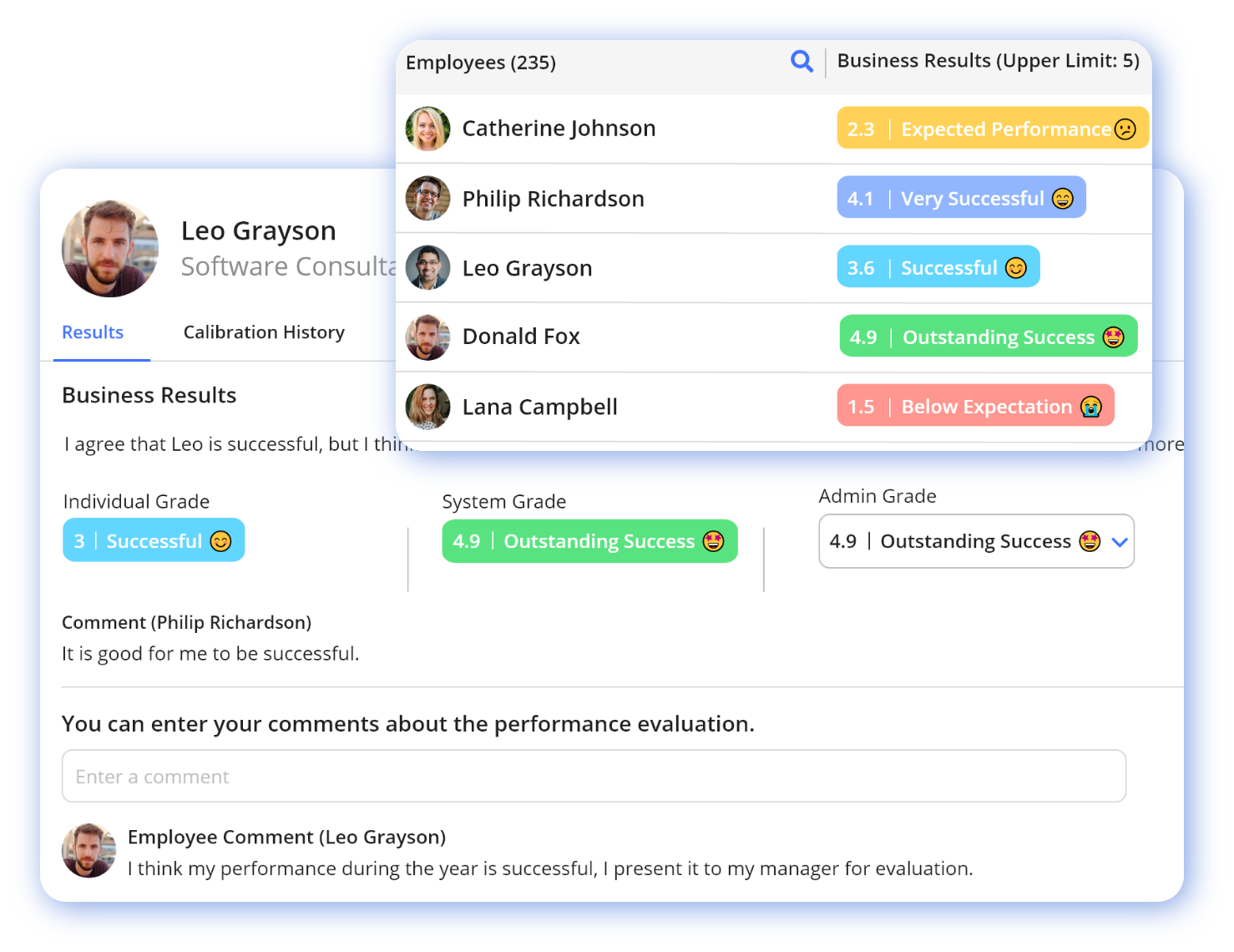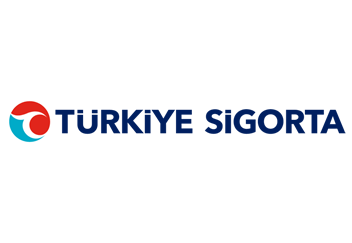Performance Management








What is Performance Management?
Performance management refers to the process of monitoring, evaluating, and developing employee performance to meet the organization’s goals and objectives. It involves setting clear expectations, providing ongoing feedback, and creating opportunities for employee development. The objective of performance management is to help employees understand their role, align their performance with the organization’s goals, and continuously improve their skills and abilities.
The Benefits of Performance Management
Performance management has many benefits for both employees and the organization as a whole. It helps to:
- Provide clear expectations: When employees have a clear understanding of their role and what is expected of them, they are more likely to perform well and meet their goals.
- Improve communication: Performance management creates opportunities for regular, ongoing communication between employees and managers. This helps to build stronger relationships, improve collaboration, and resolve any performance-related issues.
- Enhance employee engagement: When employees feel valued and supported, they are more likely to be engaged and committed to their work. Performance management can help to foster a sense of belonging and increase employee engagement.
- Drive business success: Effective performance management can improve employee productivity, increase customer satisfaction, and ultimately drive business success.
Common Performance Management Techniques
There are various performance management techniques that organizations can adopt to drive their success. Some of the most common techniques include:
- Setting performance goals: This involves setting clear, measurable goals for employees to work towards. Goals should be aligned with the organization’s objectives and reflect the employee’s role and responsibilities.
- Regular feedback: Providing regular, ongoing feedback is essential for effective performance management. This feedback should be both positive and constructive, and should help employees to understand their strengths and areas for improvement.
- Performance appraisals: Performance appraisals are a formal evaluation of an employee’s performance. They should be conducted regularly, typically once a year, and should provide an opportunity for both the employee and manager to discuss performance and set goals for the future.
- Coaching and development: Performance management should include opportunities for employee development. This can involve coaching and mentoring, training, and career development opportunities.
Key Considerations for Effective Performance Management
To ensure that performance management is effective, organizations should consider the following key factors:
- Clear objectives: The objectives of performance management should be clear and aligned with the organization’s overall goals.
- Consistent approach: The performance management process should be consistent and applied consistently across the organization.
- Communication: Communication is key to effective performance management. Both employees and managers should be encouraged to communicate openly and regularly.
- Employee involvement: Employees should be involved in the performance management process and encouraged to take ownership of their performance and development.
Twiser’s Performance Management Solutions Twiser’s performance management solutions are designed to help organizations achieve their goals by providing an innovative, streamlined approach to performance management. Twiser’s platform offers a range of tools and features that make performance management easier, more effective, and more engaging for employees.
Performance management is a critical aspect of any organization’s success. By setting clear expectations, providing ongoing feedback, and creating opportunities for employee development, organizations can improve employee morale, increase productivity, and enhance the overall success of the business. By adopting common performance management techniques and considering key factors such as clear objectives, consistent approach, and employee involvement, organizations can drive their success and achieve their goals.
Upgrade your knowledge with our expert insights
What is Proxy User and Why is It Important for Performance Management?
Proxy user is a feature that allows to assign another user as a proxy to...
Read More >6 Benefits of Performance Management
It is essential for business success that teams and employees have clear goals and expectations....
Read More >What is Real Time Performance Management?
The performance management industry has changed dramatically over the last years. In place of traditional...
Read More >










